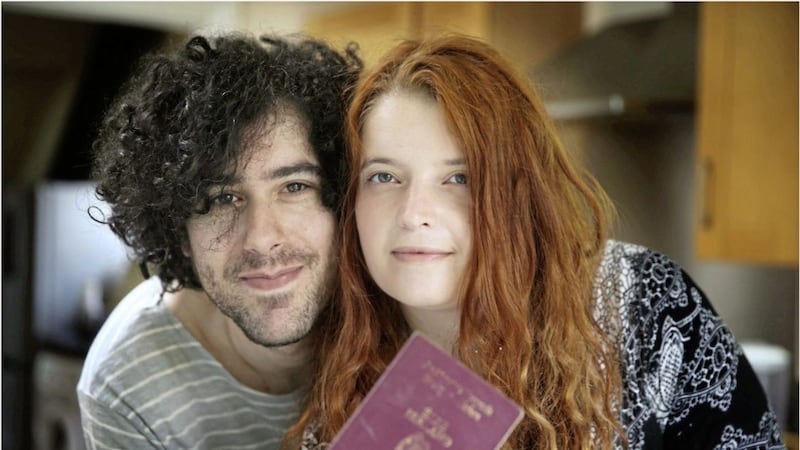ONE of the key features of the 1998 British-Irish Agreement, which was endorsed alongside the Good Friday Agreement, is the provision that both governments recognise, "the birthright of all the people of Northern Ireland to identify themselves and be accepted as Irish or British, or both".
That new British-Irish Agreement replaced the 1985 Anglo-Irish Agreement and was signed by both governments.
That paragraph about identity also included the right of people here, "to hold British and Irish citizenship", a right "accepted by both governments".
Importantly for unionists is also the provision that the right would not be affected by any future change in the status of the north.
In the next paragraph of that Agreement the two governments undertook, in the case of the Irish government, to change Bunreacht na hÉireann, and for the British to bring in appropriate changes in legislation.
We now know that while the Irish government also codified the agreement on the dual identity and citizenship of people here, the British government did not.
Well, why would they? Britain is not noted for abiding by agreements, as we've all been watching since December 2017 when they ratted on the Joint Report in 48 hours.
However, the failure to change the law so that the British honoured their commitments in the British-Irish Agreement has now had important consequences as a result of leaving the EU.
That failure also has important consequences in the context of Britain's current turmoil about immigration.
In their constant efforts to staunch the flow of migrants into the UK, British governments have repeatedly changed the criteria for citizenship.
The Windrush scandal is simply the worst evidence for this duplicity.
People who had a perfect right to remain in Britain suddenly found, with the virulently anti-immigration Theresa May as Home Secretary, the government moved the goalposts to create the infamous 'hostile environment'.
Now there is a Home Secretary even more hostile than May - Sajid Javid.
In his efforts to burnish his credentials to succeed May as prime minister, Javid has shown he is prone to ill-considered, headline-grabbing stunts.
During a non-existent migrant 'crisis' in January he wanted the British navy patrolling the Channel to stop rubber dinghies carrying migrants.
Cutters were recalled from the Mediterranean and Javid got himself photographed at sea; the wrong metaphor.
Now he has announced he has deprived Shamima Begum of her British nationality to prevent her returning to Britain from Syria, another headline-making stunt which will end badly for him.
The irony is that manoeuvre could be used against Javid himself. Like Begum, he may have been born in Britain, but like her, his parents, Abdul Ghani-Javid and Zubaid Javid, weren't.
As Sadiq Khan, the mayor of London, warned, "this decision could affect millions of Londoners of dual or immigrant heritage, and anyone eligible for citizenship from another country".
Khan added that Javid has exposed how insecure citizenship rights of people are in Britain and, "has called into question the very nature of what it means to be a citizen of this country at all".
The matter will go to court and Javid will lose, but the process will take years.
In the meantime, it raises once again the nature of British citizenship, nationality and identity.
Bizarrely, while trying to remove Shamima Begum's British citizenship, Javid's chaotic, vindictive Home Office is strenuously trying to compel Irish citizens in the north to be British citizens against their will.
The best known case is that of Emma DeSouza, who has been struggling through the legal system since 2015 to insist on her right to Irish citizenship under the British-Irish and Good Friday Agreements, but the Home Office insists she's British and has stalled their appeal against her court win until after Brexit.
In a speech here on February 5, Theresa May promised a review of cases like DeSouza's, but the Home Office won't tell what the review entails, who is conducting it or when it will be complete.
Does it mean, that if Begum had been born in Magherafelt, Javid couldn't remove her citizenship?
In his case, his striving is in vain. Thanks to May's hostile environment he'll never be prime minister.
He's reminded British people - whatever that means - that he's Pakistani.









